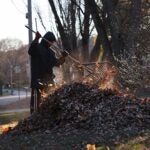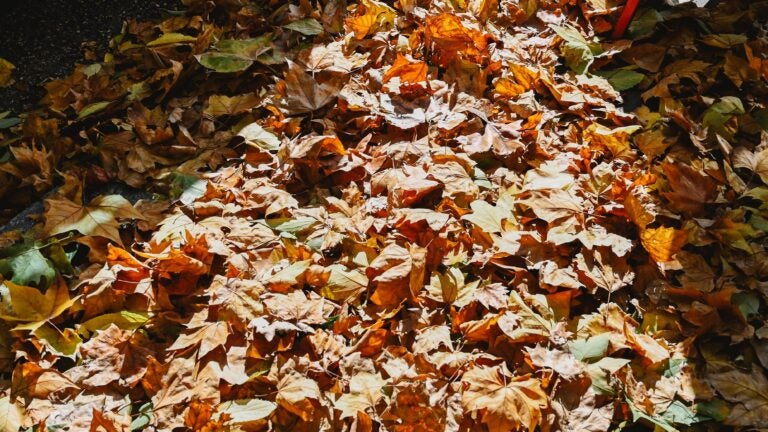Gardening
New England is a challenging place to be a farmer, and these winter markets serve as a vital lifeline for those engaged in this crucial work.
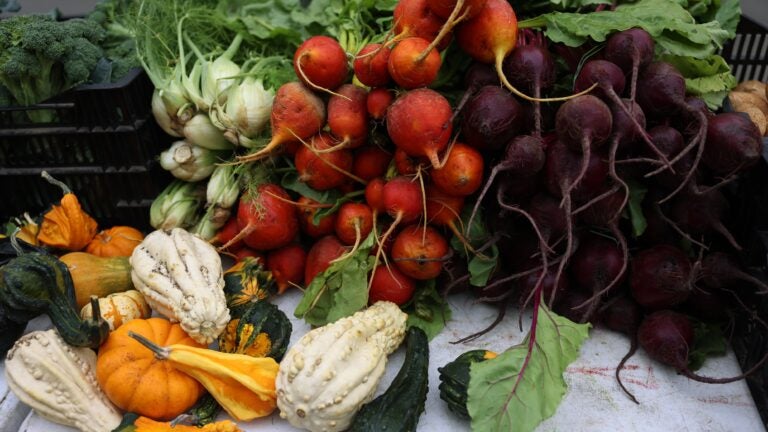
Jessica Rinaldi/Globe Staff
This time of year brings a lamentable end to the bountiful activity of growing your own vegetables outdoors. I spent several hours last Saturday pulling the frost-bitten and shriveled tomato vines from their trellises, harvesting the remaining shell beans, and pulling out the twisted stalks of this year’s hot pepper and okra plants. Seeds were collected from select annual cut flowers for next year’s displays, and notes were taken on which performed well and which cut flowers will not make it into production next spring. I took our garlic clove harvest, which has been curing over the summer, and split a few heads to replant.
Is there anything else that the vegetable garden can provide? With it ready for winter, that’s the end of fresh produce for the season, right? Thankfully, not in the least!
For this week’s column, I am shining a light on a fantastic organization called Mass Farmers Markets (MFM) — in operation since 1978 — supporting and connecting farmers with markets. In their own words, “MFM champions the interests of the markets, the communities they serve, and the farmers who depend on them for livelihood.”
What better place to shop for your late-season produce than at one of the many winter markets throughout the state? MFM maintains a handy map that allows you to find a winter farmers market near you. These markets offer much more than just fresh produce and the opportunity to support local agriculture. They offer community space, gifts, baked goods, honey, eggs, locally made crafts, and so much more.
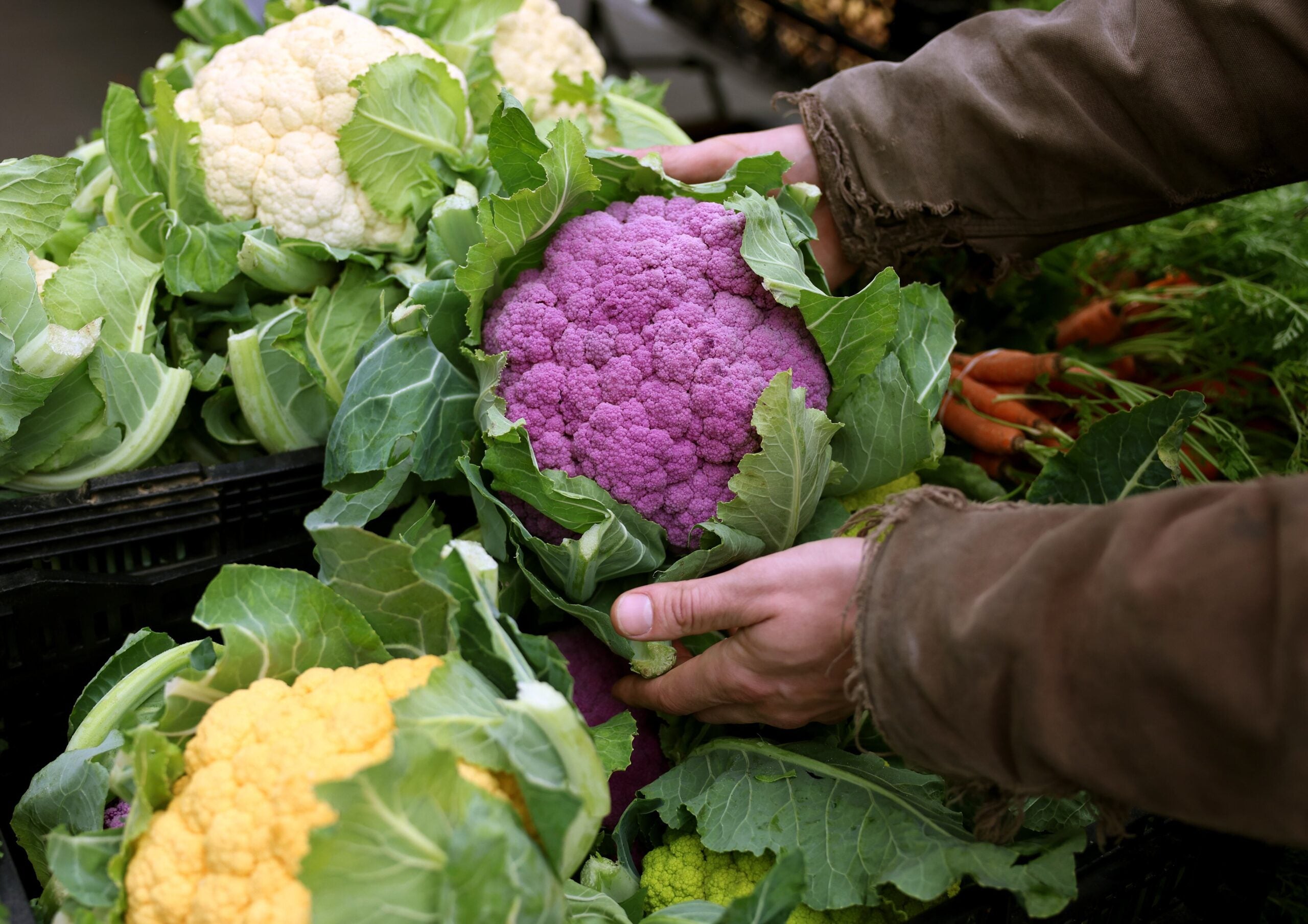
New England is a challenging place to be a farmer, and these winter markets serve as a vital lifeline for those engaged in this crucial work. For folks looking for Thanksgiving and holiday-specific produce and goods, check out MFM’s 2025 list of Thanksgiving and holiday markets, an ideal place to pick up gifts, fresh cranberries for the turkey, and the satisfying feeling you get when supporting local agriculture.
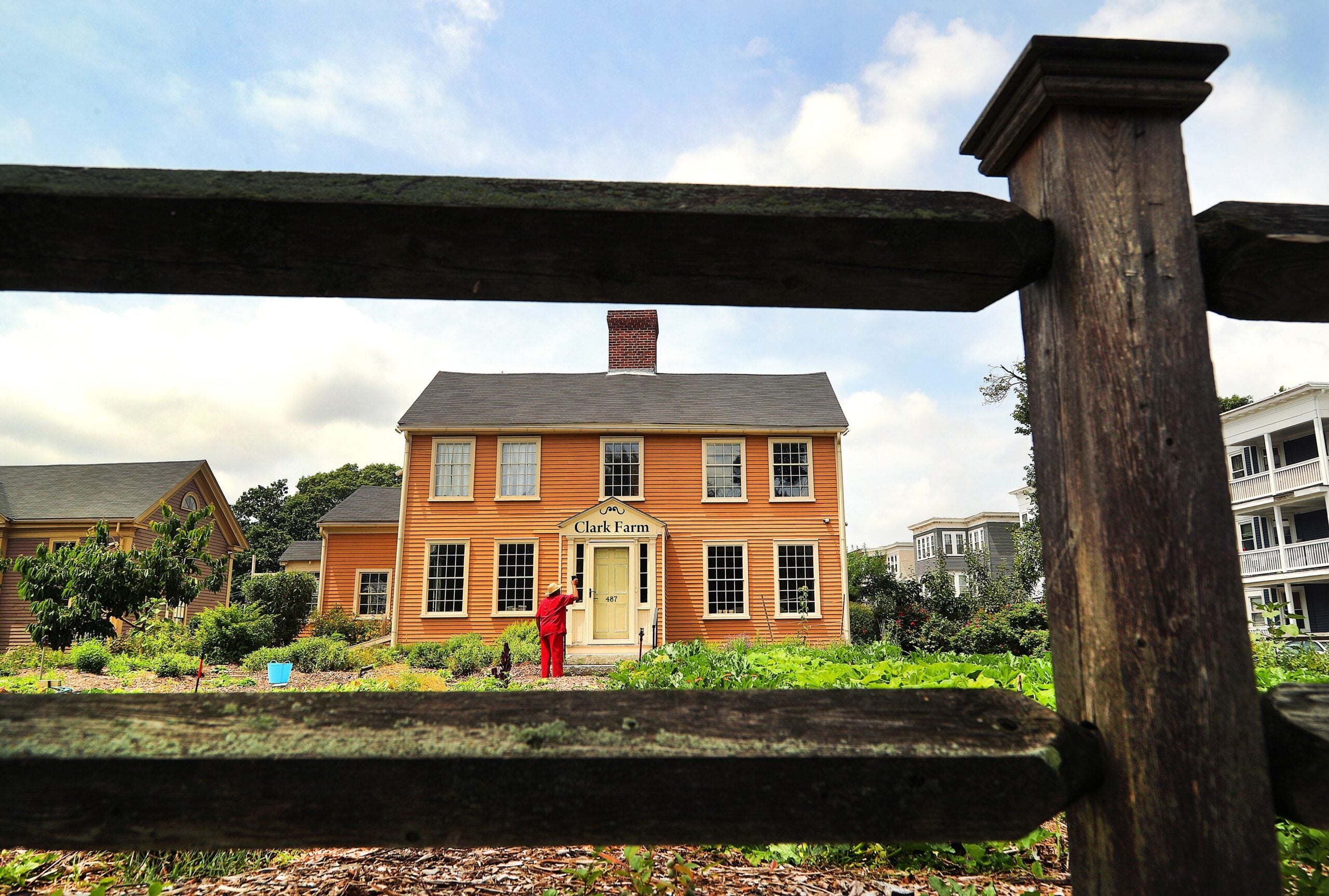
One of the things that both the gardening and farming worlds share is a sense of community that is welcoming and inclusive. Gardeners are always happy to talk about which plants did well, and the joy that they derive from working their land. Similarly, the farmers I know and support are among the kindest, most generous folks I have met, always willing to share their bounty and the satisfaction gained after a long day with their hands in the earth. That sense of community is an anchoring presence these days. We need more of this spirit, of caring for Mother Earth and each other.
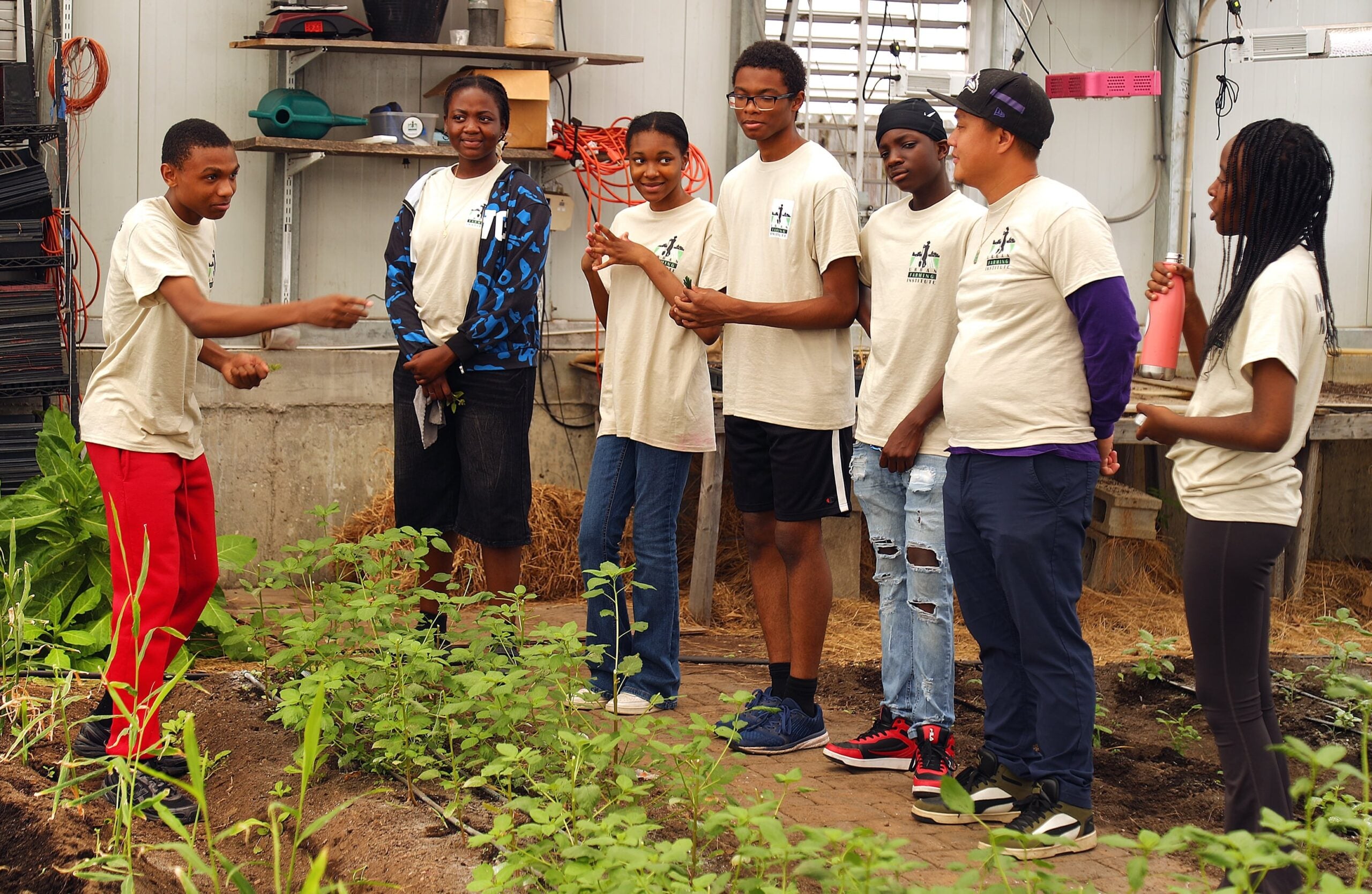
Thanksgiving is on our doorstep, a time of year when we reflect on what we are thankful for and consider how those of us who are more fortunate can extend our resources to help those who are less fortunate. Whether you grow food or simply cultivate flowers for pleasure, sharing benefits all. Gift some transplants, divisions, or seeds from your garden with your neighbors. If your harvest was good this year, share some with friends and family.
In my vegetable garden, I intentionally leave some produce for the songbirds, the wild turkeys, the chipmunks, and the bunnies that are furiously preparing for the long winter ahead.
While they may be a source of frustration during the growing season, they, too, are just trying to survive. It’s a small effort on my part to leave some of my bounty behind for them. My jack-o-lanterns have already been devoured by forest creatures behind my compost heap!
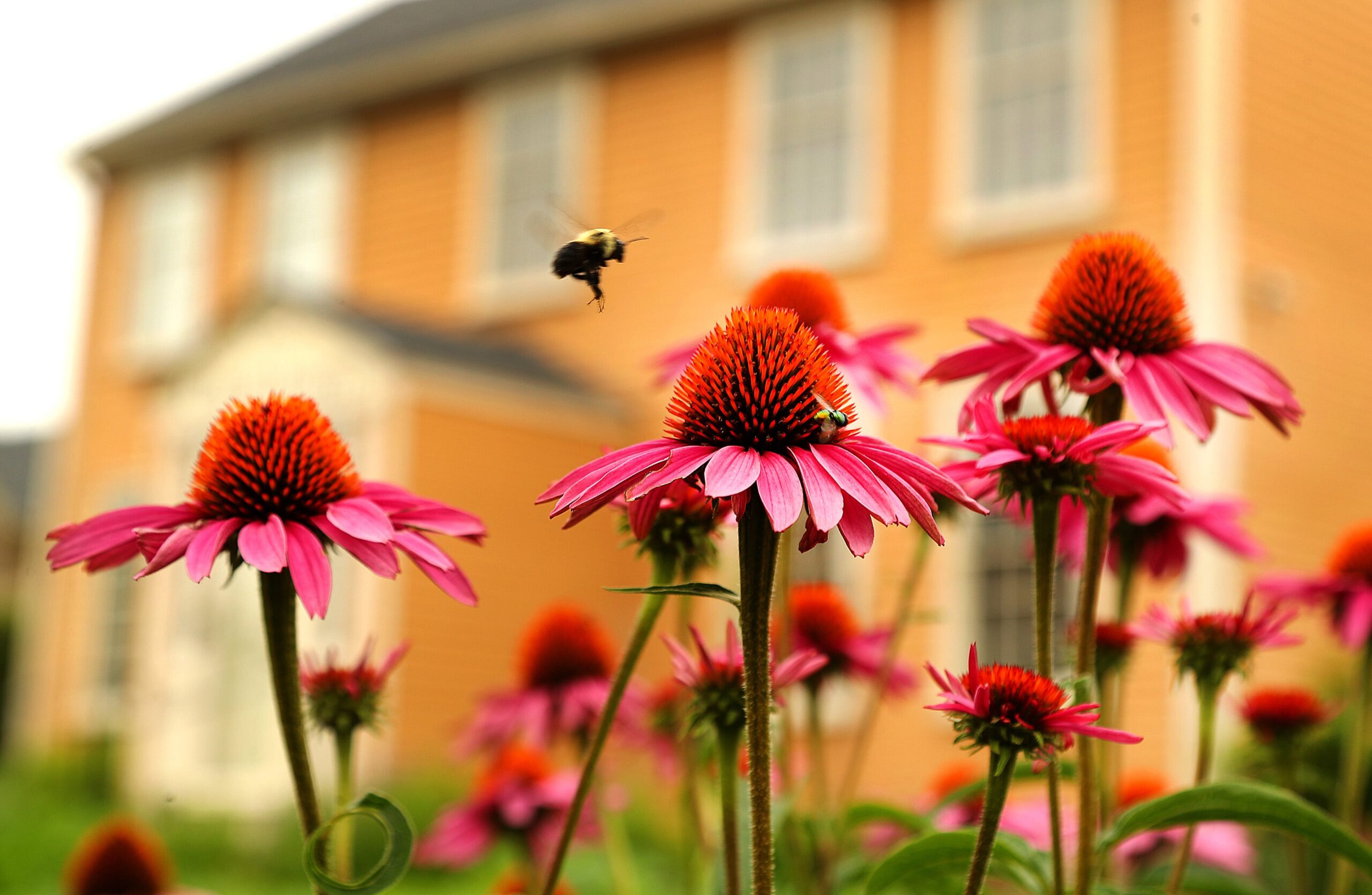
When we actively participate in the community, both within the human realm and the natural world, we help strengthen the relationships and bonds that tie us together. I would much rather consume food that was grown locally and by a member of my community than food trucked or flown in from far away. For the wildlife that can’t order online, our choices and generosity can mean the difference for them over the winter. A community spirit that embraces all is one I can truly be thankful for!
Ulrich Lorimer is the director of horticulture at the Native Plant Trust in Framingham. Send your gardening questions, along with your name/initials and hometown, to [email protected] for possible publication. Some questions are edited for clarity.
Address Newsletter
Our weekly digest on buying, selling, and design, with expert advice and insider neighborhood knowledge.


